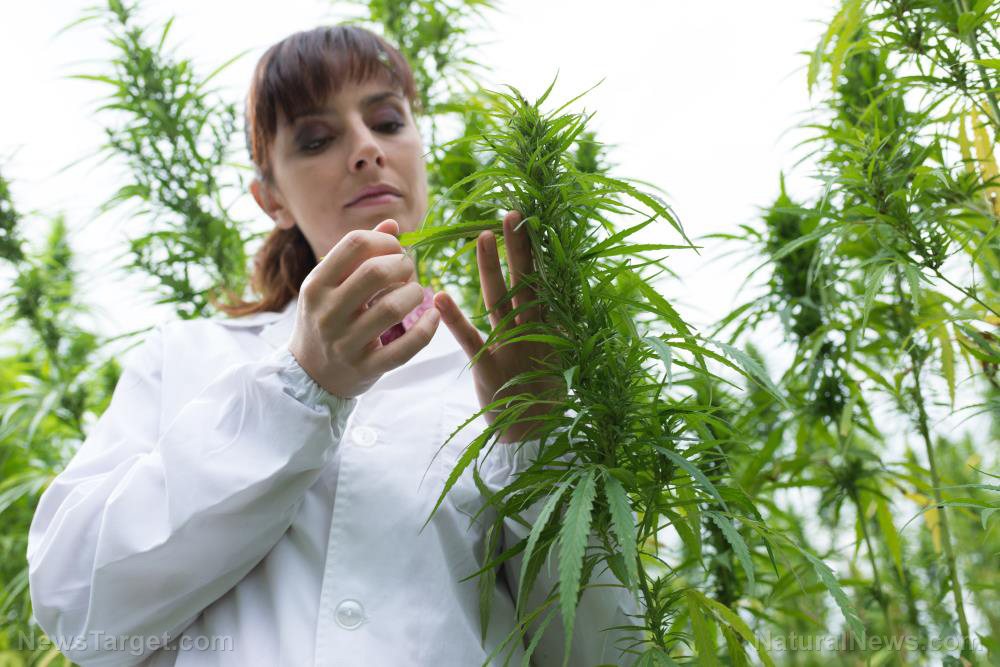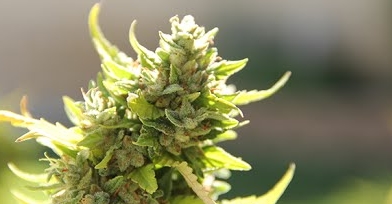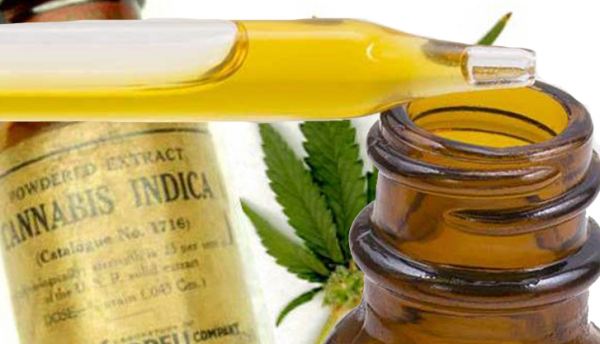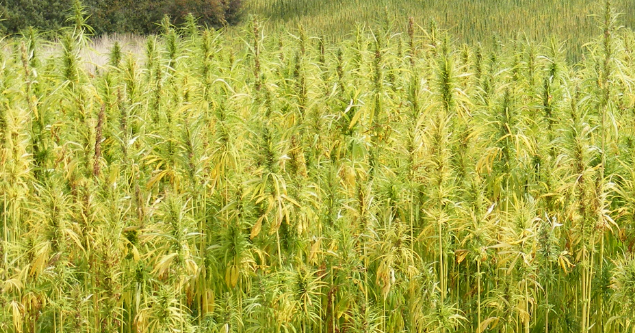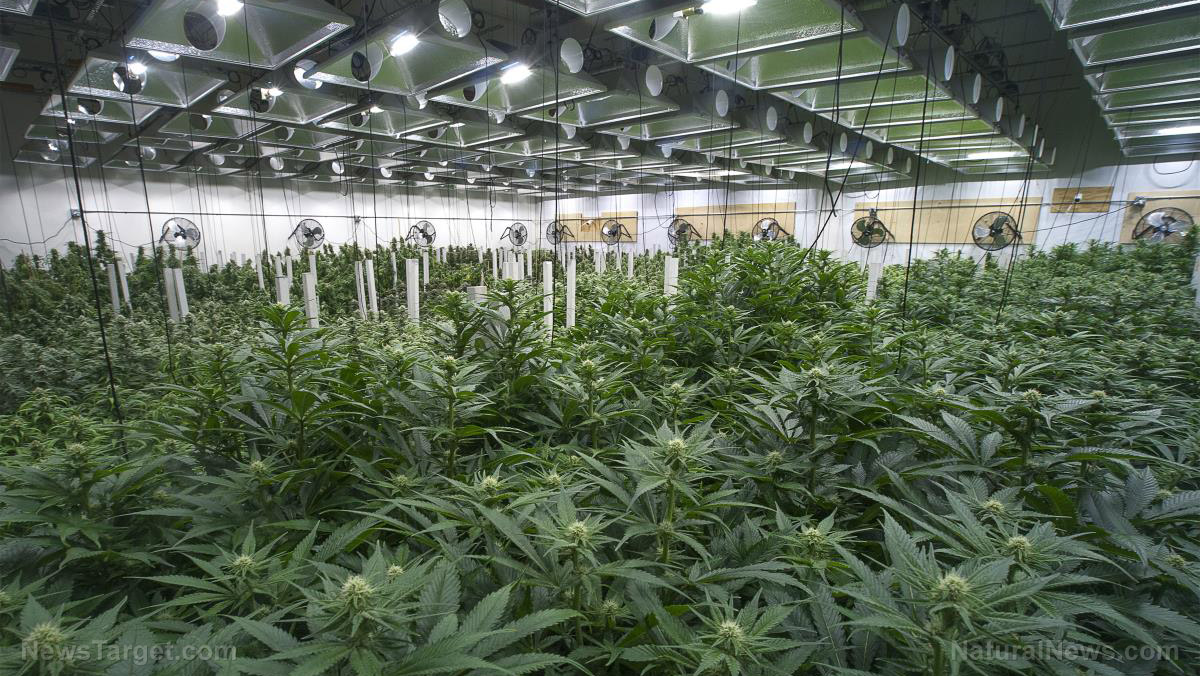Legality means overregulation in California: The state is placing even MORE limits on CBD products such as edibles
12/19/2017 / By David Williams
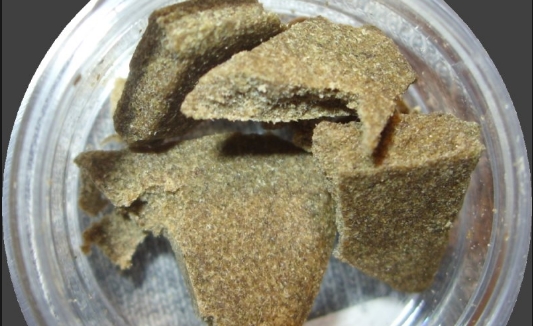
California is about to impose new limits on CBD products, including edibles, based on newly-proposed manufacturing regulations detailed in an official document. Once these changes come into effect, they will affect mainly businesses that make marijuana-infused edibles. But as you can imagine, these will ultimately end up affecting the lives of people who use edible marijuana products.
The new limits will also be applied to medical marijuana products, according to a report on the new regulations. To be more specific, their potency will have to be limited to just 100mg. This means that stronger products that exceed the 100mg limit will need to be taken off the market. Medical marijuana dispensaries have until July 1, 2018 to do so.
The new rules also dictate that all cannabis edibles that can be bought from adult-use dispensaries need to be divided into clearly identifiable servings that don’t exceed 10mg in strength each. California will launch its own adult-use market on January 1.
The new rules
The implementation of these new rules will actually change quite a number of things. First and foremost, it involves cannabis gummy bears, candies, cookies and other kinds of edibles. The new rules go so far as to say that the state of California can outright ban any future product that doesn’t abide by them.
Starting January 1, edibles resembling fruits, animals or humans will be prohibited, and so will any product that resembles or is referred to as candy. The use of cartoons, imagery or any kind of messaging that could potentially appeal to children will also be prohibited from appearing on labels, and they may not include any kind of health guarantee or promise without scientific proof.
But apart from these surfaces changes, the new rules also dictate a change on the THC potency in edible products. This will affect many edible manufacturers like Santa Rosa-based Cannacraft, which is known for producing an extensive line-up of cannabis brands. Its founder, Dennis Hunter, now says that some products on their menu will have to be discontinued.
“The most popular edibles were higher-potency edibles,” says Hunter. So since the new regulations limit the potency to only 100mg, many popular products can’t be sold any longer.
In the meantime, cannabis patients and consumers will still be able to access and consume products stronger than 100mg of THC. Recreational dispensaries will still be able to offer concentrates and tinctures with up to 1,000mg of THC, and medical outlets can still offer products with up to 2,000mg of THC.
For now, all the changes remain part of emergency regulations that could be changed again any time from now until late spring, before they get locked in. But the limit on THC in particular is reportedly unlikely to change any time soon.
Major consequences
California’s approach to rule-making as far as CBD products are concerned appears to be a cautious one. They seem well aware of the dangers of legalization and its impact on children, so a lot of the changes can seem child-centric. Of course, any imposed rules will affect people of all age groups, not just children. But even within the marijuana industry, there are some who support THC limits.
Speaking about the limit on higher-potency CBD products on the market, Kevin Reed, CEO and founder of The Green Cross, states: “There is no medical necessity that requires that kind of dose.” The Green Cross is one of the oldest legal medical marijuana dispensaries in San Francisco.
Rules and regulations can be helpful, but there is a possibility that they cause unintended negative effects. As Dennis Hunter of Cannacraft says, “The regulated market is banning something people want. The black market will absolutely go take care of that demand.”
Read more about CBDs at CBDs.news.
Sources include:
CDPH.ca.gov [PDF]
Tagged Under: California, cannabidiol, cannabis edibles, CBD, government regulation, Herbs, Medical cannabis, natural medicine, regulation, THC

